NASA’s huge new space observatory must survive a daunting series of deployments if it’s to work.
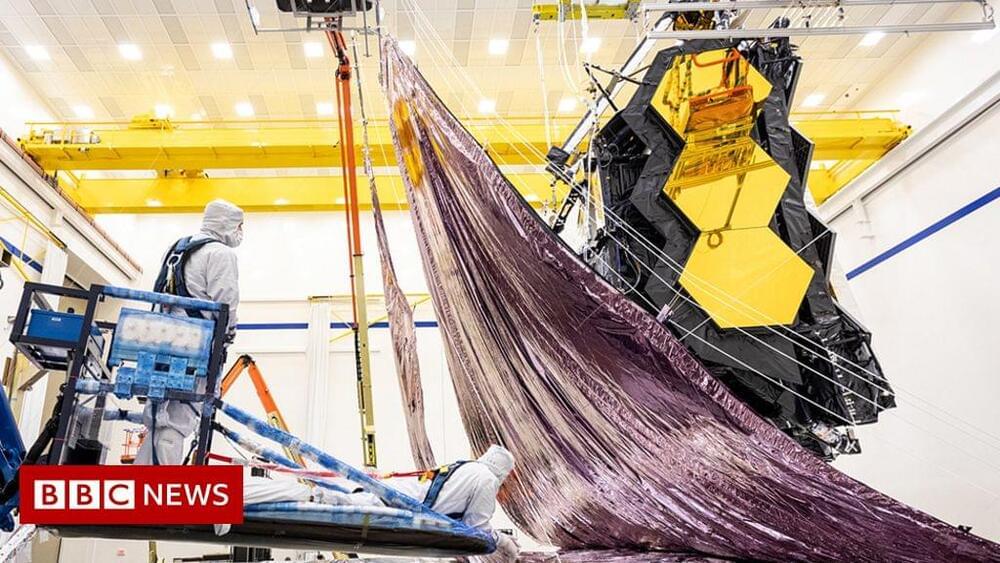

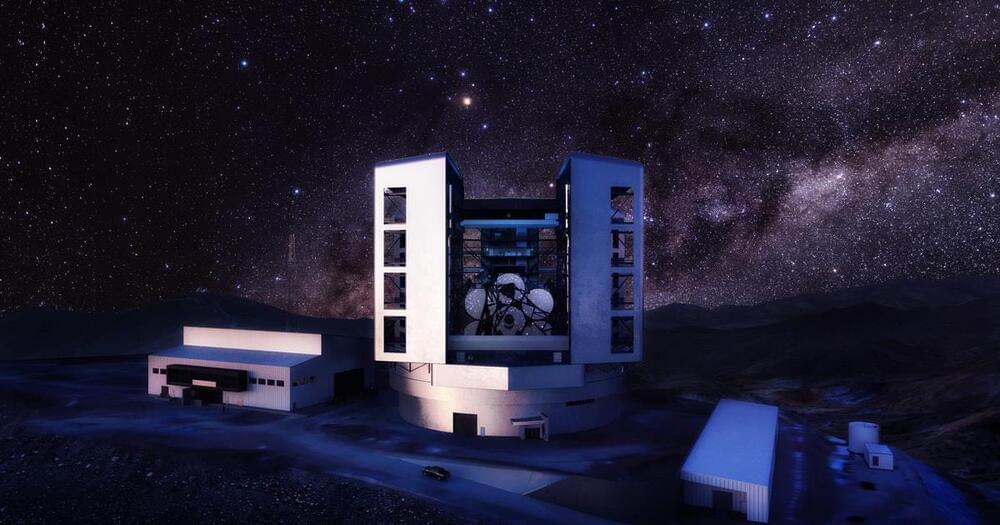
SRI Newsletter, a report from IAC2021 Dubaiby Prof. Bernard Foing, SRI President, and.
Paramount important too, space philosophy and humanities are now well recognized and accepted by the space community. The first IAF Congress I attended, 1998 at Melbourne, was dramatically void of philosophy, yet participants already were missing it. I saw many young people at IAC2021, scientists, designers, economists, scholars of various disciplines, including philosophy. And, heartwarming indeed, Space Renaissance had a great enthusiastic welcome. The space people know us (and know me!), many people which I didn’t know personally shook my hand, asked me for comments and short talks, were enthusiast about the Space Renaissance… All of that is for sure due to the big work we made for our recent congress, and of course to the great world-wide influence of our new President, Prof. Bernard Foing. Yet, there is something deeper, in the feeling of this peculiar sub-assembly of humankind, that was looking ahead enough to dedicate their life to human expansion into outer space. The last two years – characterized by the Covid pandemics — have worked hard, to shape and forge space leaders, raising the awareness of the urgency to kick-off the civilian space development. And it is now maybe a general acknowledge that the space philosophers were right, when they were rushing for an acceleration of the enabling technologies, low cost access to space, space tourism, space safety, … The need to get rid of space debris was well present in several speeches, even if only a few dare to target space debris as a huge source of business development, when we’ll start capturing and reusing them.
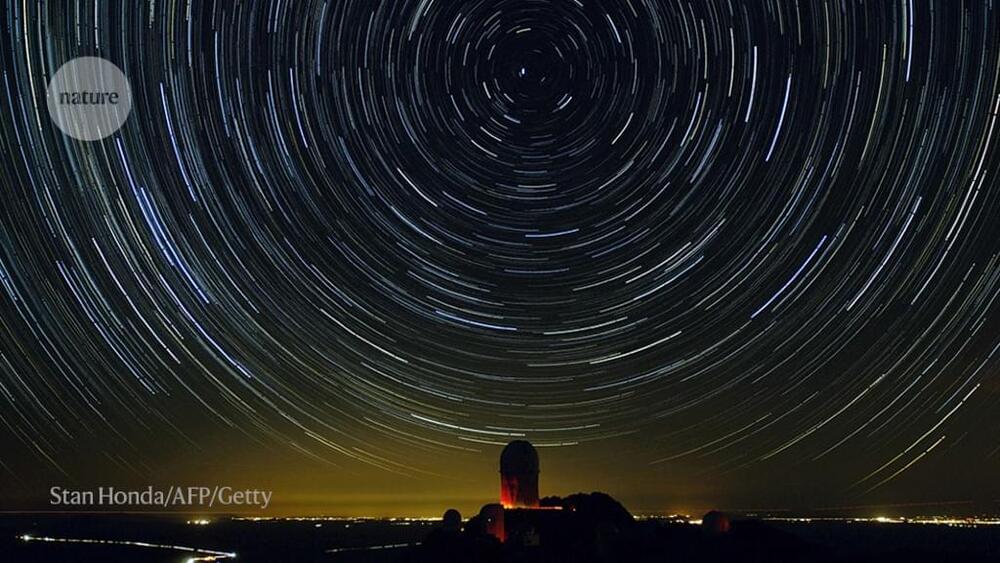
It recommends that NASA coordinate, build and launch three flagship space observatories capable of detecting light over a broad range of wavelengths. It suggests that the US National Science Foundation (NSF) fund two enormous ground-based telescopes in Chile and possibly Hawaii, to try to catch up with an advanced European telescope that’s under construction. And for the first time, it issues recommendations for how federal agencies should fight systemic racism, sexism and ot… See more.
Its ‘decadal survey’ pitches big new space observatories, funding for large telescopes and a reckoning over social issues plaguing the field.
To check out any of the lectures available from Great Courses Plus go to http://ow.ly/dweH302dILJ
We’ll soon be capable of building self-replicating robots. This will not only change humanity’s future but reshape the galaxy as we know it.
Get your own Space Time tshirt at http://bit.ly/1QlzoBi.
Tweet at us! @pbsspacetime.
Facebook: facebook.com/pbsspacetime.
Email us! pbsspacetime [at] gmail [dot] com.
Comment on Reddit: http://www.reddit.com/r/pbsspacetime.
Support us on Patreon! http://www.patreon.com/pbsspacetime.
Help translate our videos! https://www.youtube.com/timedtext_cs_panel?tab=2&c=UC7_gcs09iThXybpVgjHZ_7g.
Previous Episode — Is there a 5th Fundamental Force.
https://www.youtube.com/watch?v=MuvwcsfXIIo.
Should we Build a Dyson Sphere?
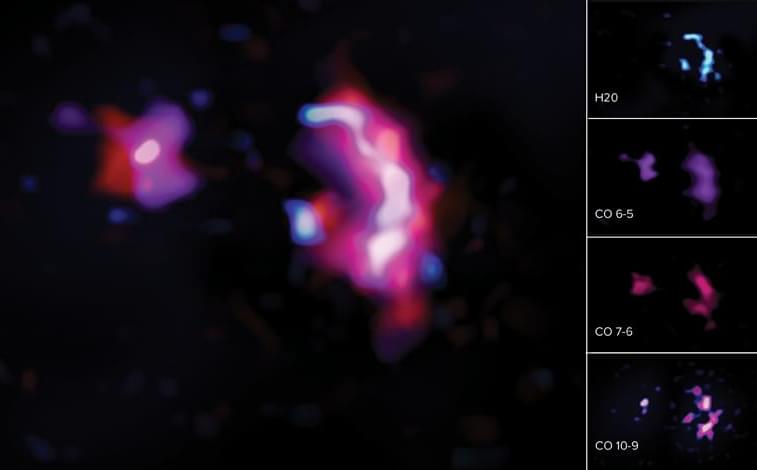
Water has been detected in the most massive galaxy in the early Universe, along with its neighbouring companion, according to new observations from the Atacama Large Millimeter/submillimeter Array (ALMA). In addition to H2O, astronomers found carbon monoxide (CO) in the galaxy pair, which are designated as SPT0311-58 and located 12.88 billion light years from Earth.
Detection of these two molecules in abundance suggests that the molecular Universe was already going strong, only a relatively short time after the forging of elements in early generations of stars. The new research is the most detailed study of molecular gas content of a galaxy in the early Universe to date and the most distant detection of H20 in a regular star-forming galaxy. The research is published this week in The Astrophysical Journal.
Astronomers discovered the two galaxies in 2017. The pair’s location, or time, places them within the Epoch of Reionization. This epoch, as highlighted in the diagram below, occurred when the Universe was only 5% of its current age – and the first stars and galaxies were being born. Scientists believe that the two galaxies may be merging, and that their rapid star formation is not only using up their gas, but may eventually evolve the pair into massive, elliptical galaxies like those seen in the Local Universe.
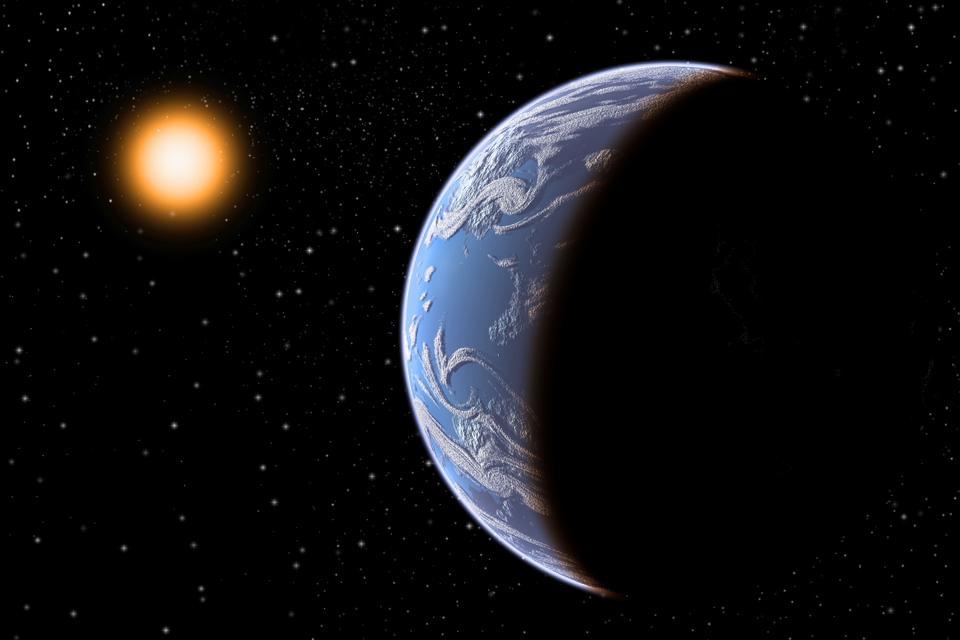
American astrophysicists have used the Decadal Survey (DS)—also called Astro 2020 and produced by the National Academies of Science—to recommend a space telescope capable of photographing potentially habitable worlds.
The report recommends that a flagship space observatory will need a six-meter mirror to “provide an appropriate balance between scale and feasibility.”
An eight-meter aperture telescope of the scale of LUVOIR-B would be unlikely to launch before the late 2040… See more.
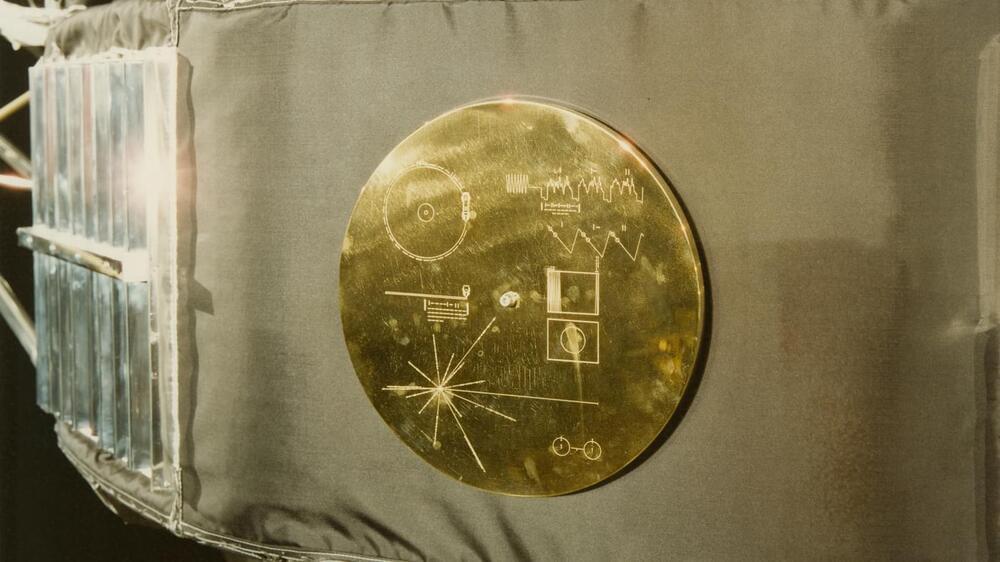
In 1,977 NASA sent out two Voyager probes to study Jupiter and Saturn. The spacecrafts were designed to last about five years, but they are still, to this day, collecting and sending back data from beyond the solar system. But the Voyager mission is living on borrowed time. Today NPR science correspondent Nell Greenfieldboyce talks about a proposal for an intentionally long mission — what it would take for NASA to actually plan for an interstellar voyage that would pass research and responsibility down through generations.
What would you put on a spacecraft bound for the stars? Email the show at [email protected]!
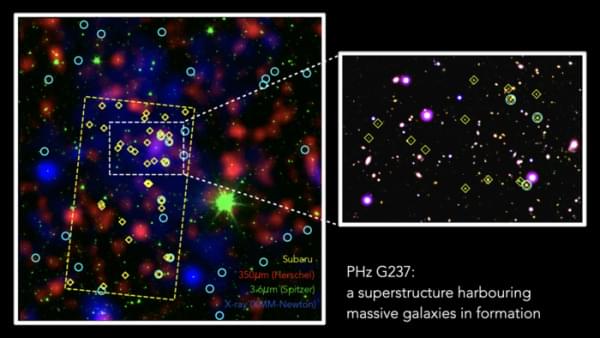

Our brain processes faces of close others differently than faces of visually familiar individuals. While both types of faces activate similar visual areas, faces of close others activate areas involved in processing social and semantic information. Here, we used between-subject linear classifiers trained on hyperaligned brain data to investigate the neural code for visual and semantic information about familiar others. The identity of both visually and personally familiar faces could be decoded across participants from brain activity in visual areas. Instead, only the identity of personally familiar faces could be decoded in areas involved in social cognition. Our results suggest that individually distinctive information associated with familiar faces is embedded in a neural code that is shared across brains.
Processes evoked by seeing a personally familiar face encompass recognition of visual appearance and activation of social and person knowledge. Whereas visual appearance is the same for all viewers, social and person knowledge may be more idiosyncratic. Using between-subject multivariate decoding of hyperaligned functional magnetic resonance imaging data, we investigated whether representations of personally familiar faces in different parts of the distributed neural system for face perception are shared across individuals who know the same people. We found that the identities of both personally familiar and merely visually familiar faces were decoded accurately across brains in the core system for visual processing, but only the identities of personally familiar faces could be decoded across brains in the extended system for processing nonvisual information associated with faces.